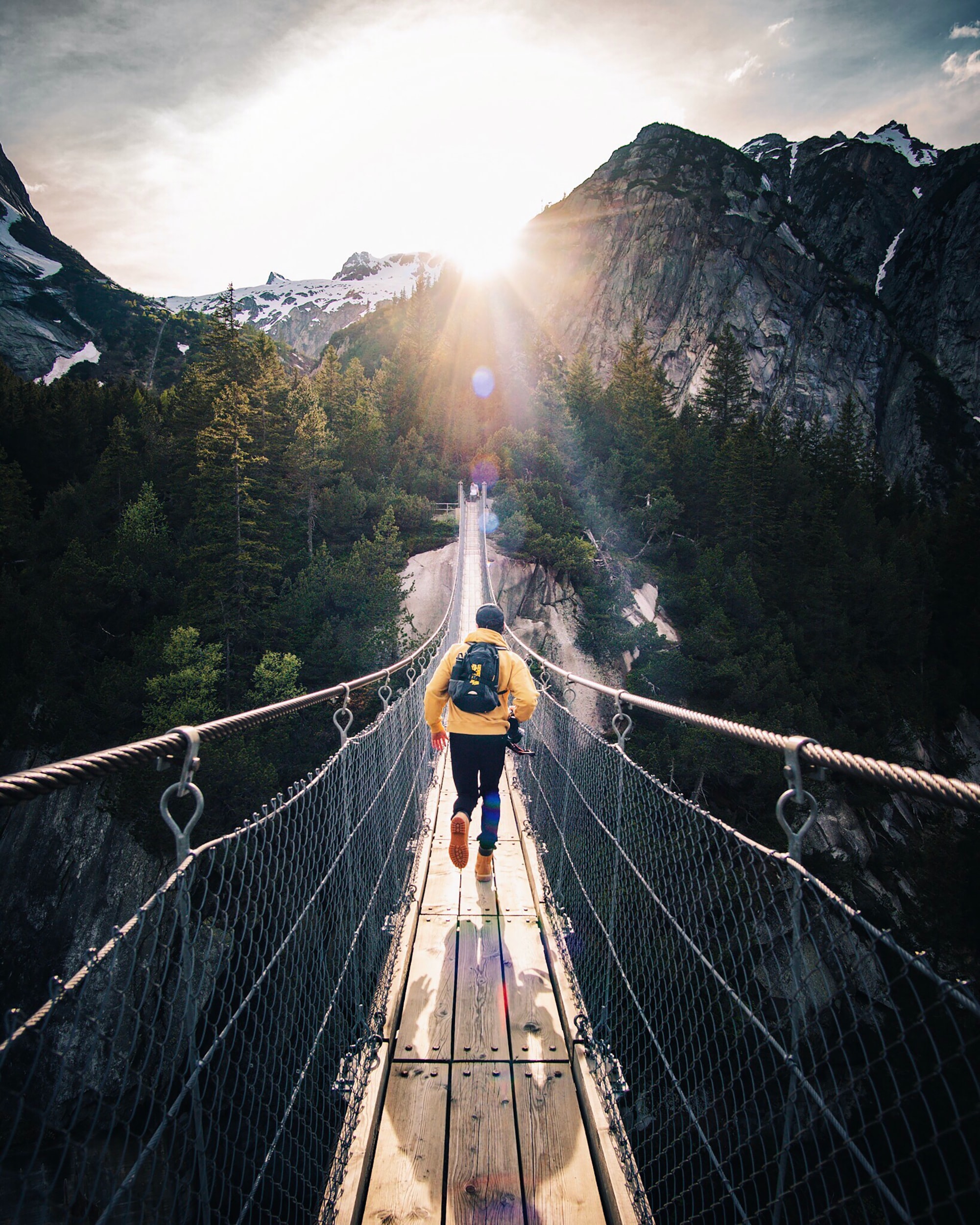IDEA
Robotic Chef Learns and Replicates Recipes by Watching Cooking Videos 본문
Robotic Chef Learns and Replicates Recipes by Watching Cooking Videos
ideabooster 2023. 6. 7. 16:44Researchers at the University of Cambridge have achieved a significant milestone by training a robotic chef to learn and recreate recipes through the observation of cooking videos. The team programmed the robot with a collection of eight simple salad recipes, allowing it to identify and replicate the dishes after watching demonstrations by human cooks in the videos. The study, published in the journal IEEE Access, highlights the potential of video content as a valuable source of data for automated food production, paving the way for more accessible and cost-effective deployment of robot chefs.
Although the concept of robotic chefs has long been popularized in science fiction, cooking has proven to be a complex challenge for machines. While several commercial companies have developed prototype robot chefs, none have yet reached commercial availability and still lag significantly behind human culinary skills.
The researchers sought to address this limitation by training the robot to learn recipes in a similar incremental manner to humans. By identifying the ingredients and their interactions within the dish, the robotic chef was able to progressively enhance its "cookbook" of recipes. Intriguingly, the robot even devised a unique ninth recipe at the conclusion of the experiment. These findings demonstrate the potential of video content as a rich and informative resource for automated food production, potentially enabling the wider adoption of robot chefs in the future.
Traditionally, humans learn new recipes through observation, whether by watching others cook or following instructional videos on platforms like YouTube. However, teaching a robot to replicate a diverse range of dishes has proven to be a time-consuming and expensive process. To overcome this challenge, the researchers from the University of Cambridge filmed themselves preparing the eight salad recipes and utilized a publicly available neural network to train the robot chef. By analyzing each video frame using computer vision techniques, the robot successfully identified the ingredients, actions of the human chef, and various features such as knives. Through mathematical operations performed on converted vectors, the robot determined the similarity between a demonstration and its existing knowledge base.
Remarkably, the robot accurately identified the recipe being prepared in 93% of the 16 videos it watched, despite only detecting 83% of the human chef's actions. The machine also recognized slight variations within recipes, such as adjusting portion sizes or accounting for human error, without categorizing them as entirely new recipes. The robot even correctly identified a new, previously unseen salad recipe, adding it to its repertoire and subsequently preparing it.
The researchers noted the robot's ability to discern nuances, stating that the machine effectively recognized the similarity between, for instance, two chopped apples and two chopped carrots, and three of each, in the same recipe. While the training videos utilized in the study differed from fast-paced, visually enhanced social media food videos, the researchers believe that as robot chefs become more adept at identifying ingredients in videos, platforms like YouTube could serve as valuable resources for expanding their culinary knowledge.
The study sheds light on the challenges surrounding privately-owned dams in the United States, with over 15,000 high-hazard dams not under federal ownership. Rehabilitating these dams requires substantial funding, estimated at $157.5 billion, which exceeds the current available resources. The researchers emphasize the importance of prioritizing the safety of privately-owned dams, implementing effective oversight measures, and allocating adequate resources to prevent future failures.
Overall, the research conducted by the University of Cambridge opens up exciting possibilities for the development of advanced robot chefs, enabling them to learn from visual demonstrations and expand their cooking capabilities. With further advancements, these robotic chefs may play a crucial role in revolutionizing food production and culinary experiences in the future.
Copyright (c) All right 2023 reserved at nlbtrans.com
'일상' 카테고리의 다른 글
| 인생 (0) | 2023.08.10 |
|---|---|
| 정의 (definition) (0) | 2023.07.09 |
| 감사 (0) | 2023.07.08 |
| 강릉 (0) | 2023.06.17 |
| Researchers Harness Quantum Entangled Beams of Light for Secure Information Enco (1) | 2023.06.07 |
